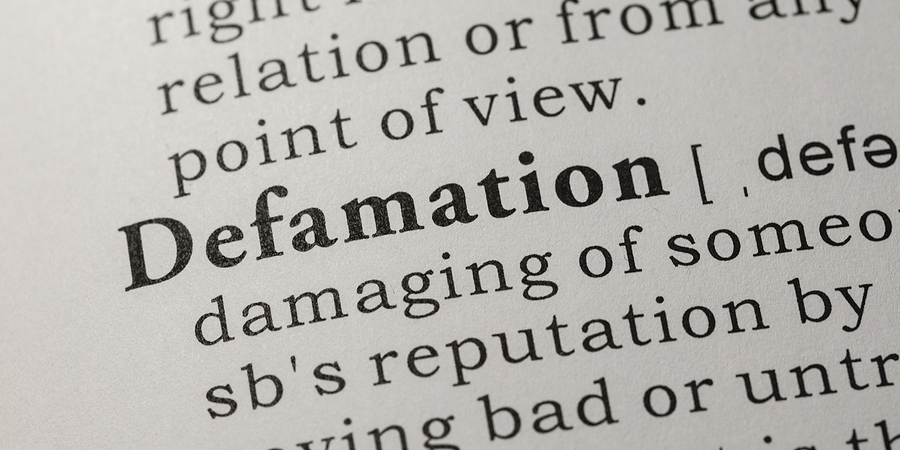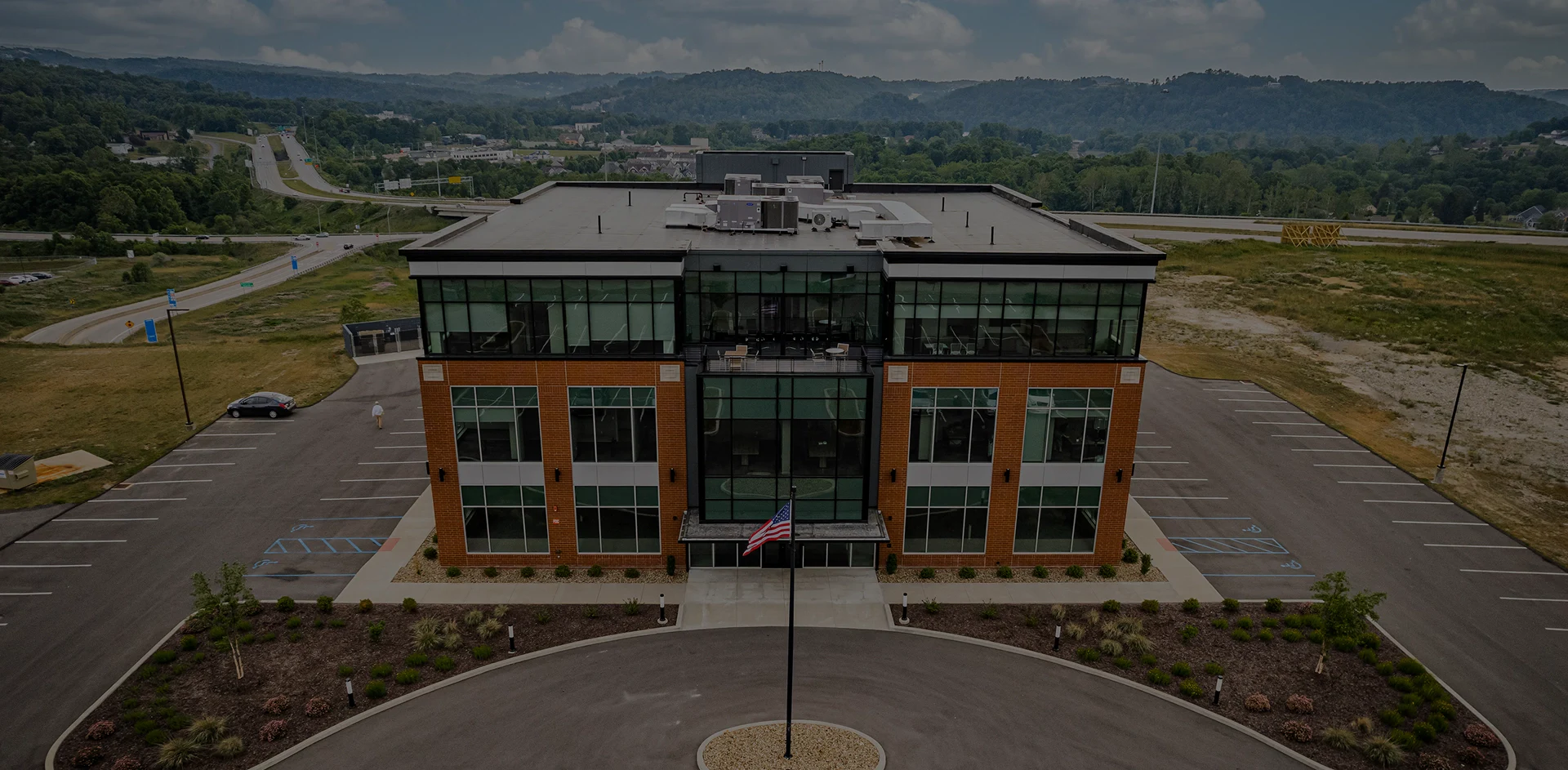Defamation and False Light Invasion of Privacy Claims

What Can You Do When Someone Damages Your Reputation?
We live in a connected age. Twitter, Facebook, Instagram, and others provide anyone and everyone with an audience and a platform—for better or worse. Social media rewards hyperbole and limits reasoned deliberation (140 characters or less!). All too often serious allegations are casually thrown around with little, if any, forethought.
While speech is generally protected under our First Amendment, speech aimed to harm or which is patently false and aimed at an individual may not be. When someone makes false claims about another person or business, in certain circumstances the person making the claim can be held accountable by defamation or false light invasion of privacy law. The specific elements of defamation and false light invasion of privacy vary slightly from jurisdiction to jurisdiction, but there are more similarities than distinctions.
DEFAMATION. People often think of celebrities or politicians when they think of slander or defamation claims. Cases like Sarah Palin’s ongoing lawsuit against the New York Times come to mind. Any individual can be the victim of slander or defamation, however.
“The essential elements for a successful defamation action by a private individual are (1) defamatory statements; (2) a nonprivileged communication to a third party; (3) falsity; (4) reference to the plaintiff; (5) at least negligence on the part of the publisher; and (6) resulting injury.” Crump v. Beckley Newspapers, 173 W. Va. 699, 320 S.E.2d 70 (1983).
To understand this in non-legalese, an example is helpful: Joe and Jane are competing contractors that are both building homes in the same part of the country. Joe posts on Facebook that “Jane’s company is bankrupt. I wouldn’t do business with Jane.” Joe does not actually know anything about Jane’s finances. In fact, Jane does great work and the company is profitable and solvent. As a result of this post, two of Jane’s potential customers choose not to build with Jane for fear that she would not be able to complete the homes. These two customers would have earned Jane’s company a profit of $75,000.
Was Joe’s post defamatory (i.e. does it make Jane look bad)? Yes. Was it communicated to a third party? Yes—to the world via social media. Was it false? Yes. Did it refer to Jane? Yes. Was Joe at least negligent? Yes—he had no idea whether the statement was true and did not take any reasonable steps to find out. Was Jane harmed? Yes, she lost out on at least two contracts and likely suffered additional reputational damage. Jane has an actionable claim against Joe for defamation.
It is important to keep in mind what are not defamatory statements. To protect our cherished freedoms of speech and of the press, several categories of statements are excluded from defamation. Most importantly, truthful statements, no matter how damaging to your reputation, are not defamatory statements. This legal principle actually predates the United States and was advocated by Benjamin Franklin himself. Statements of honest opinion, as opposed to fact, are also typically not actionable. See e.g. NY Times v. Sullivan, 376 U.S. 254 (1964). Likewise, Parody, false statements that are not intended to be true, directed at a public figure are not actionable. See Hustler Magazine v. Falwell, 485 U.S. 46 (1988).
For a more thorough discussion of the precise elements in Pennsylvania, Ohio, Maryland and D.C., see Joseph v. Scranton Times, L.P., 634 Pa. 35, 129 A.3d 404 (2014); Anderson v. WBNS-TV, Inc., 158 Ohio St..3d, 307, 141 N.E.3d 192 (2009); Indep. Newspapers, Inc. v. Brodie, 407 Md. 415, 966 A.2d 432, (2009); Solers v. Doe, 977 A.2d 941 (D.C. 2009).
FALSE LIGHT INVASION OF PRIVACY. False light invasion of privacy is very similar to defamation and the distinction lies in the right to be protected. Defamation is concerned with protecting your reputation in the public. False light invasion of privacy is concerned with your internal right to be viewed as you are, not as you are falsely portrayed.
A good example to understand the distinction would be if Jill spread a false rumor that Jack had a terminal disease. Obviously, reasonable people would not consider a medical diagnosis as a bad mark on Jack’s reputation so there is no defamatory harm. There could, however, be significant emotional distress caused to Jack as he had a right to be presented to the world as he was, and not as Jill stated. Moreover, he has a right to the privacy of his health information and a right for the world to treat him in accordance with reality.
For those interested in the legal standard, all of the jurisdictions that we practice in (Ohio, West Virginia, Pennsylvania, D.C. and Maryland) essentially follow the American Law Institute‘s definition of false light invasion of privacy.
One who gives publicity to a matter concerning another that places the other before the public in a false light is subject to liability for invasion of privacy if (a) the false light in which the other was placed would be highly offensive to a reasonable person and (b) the actor had knowledge of or acted in reckless disregard as to the falsity of the publicized matter and the false light in which the other would be placed.
Restatement 2d, Torts (1977) Section 652E; see e.g.__Welling v. Weinfeld, 113 Ohio St.3d 464, 866 N.E.2d 1051 (2007); Crump v. Beckley Newspapers, 173 W. Va. 699, 320 S.E.2d 70 (1983); Krajewski v. Gusoff, 53 A.3d 793 (Pa. Super. 2012); Bagwell v. Peninsula Regional Med. Ctr. 106 Md. App. 470, 655 A.2d 297 (1994); Armstrong v. Thompson, 80 A.3d 177 (D.C. 2013).
Recent Posts
The Role of Truck Black Boxes in Accident Investigations Motorcycle Accidents Involving Semi-Trucks: Special Considerations in West Virginia Navigating Medical Bills While Recovering from a Motorcycle Accident Pre-Ride Safety Inspections That Could Save Your Life and Strengthen Your Case Seasonal Motorcycle Storage and Insurance: What Morgantown Riders Should Know